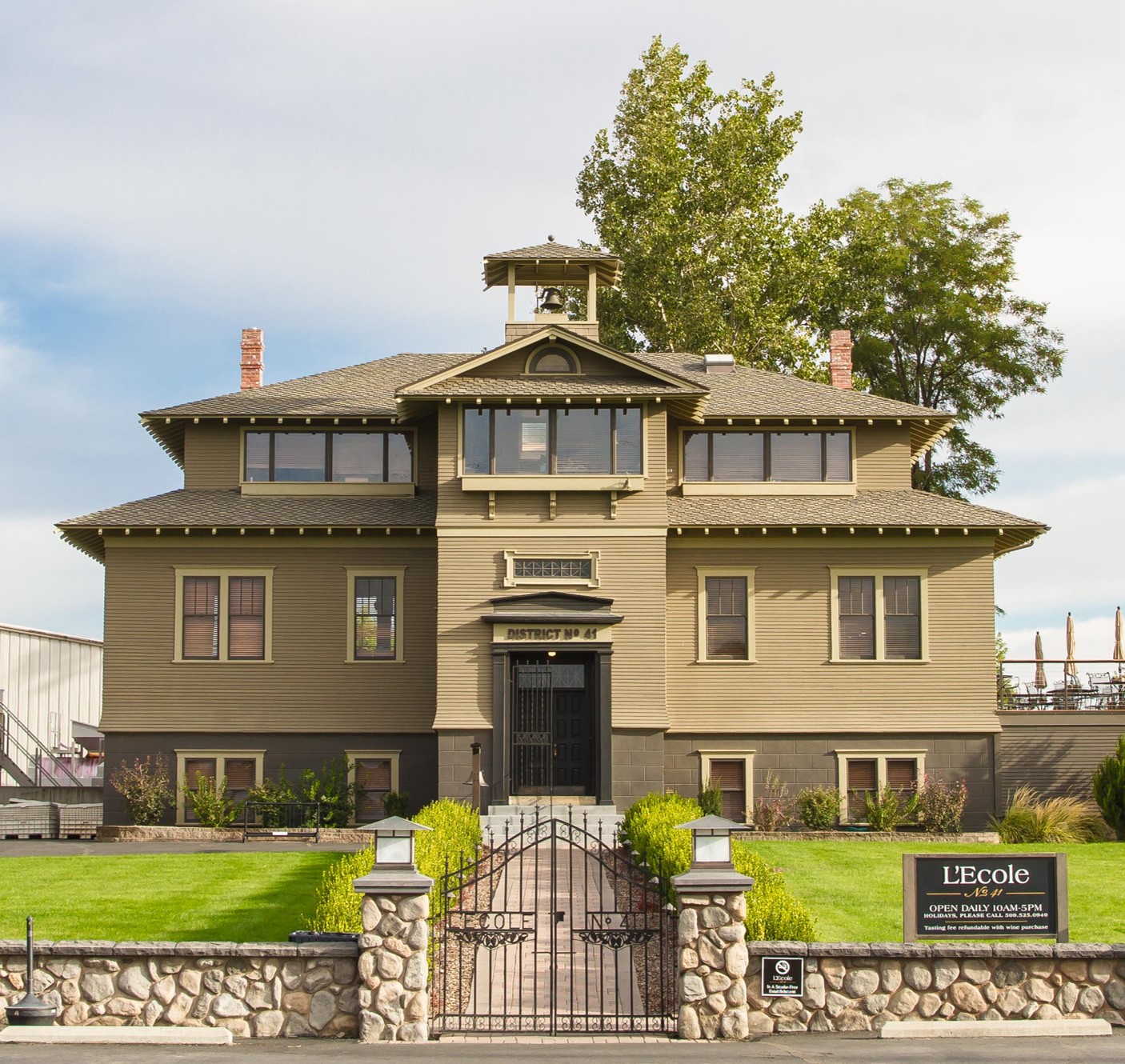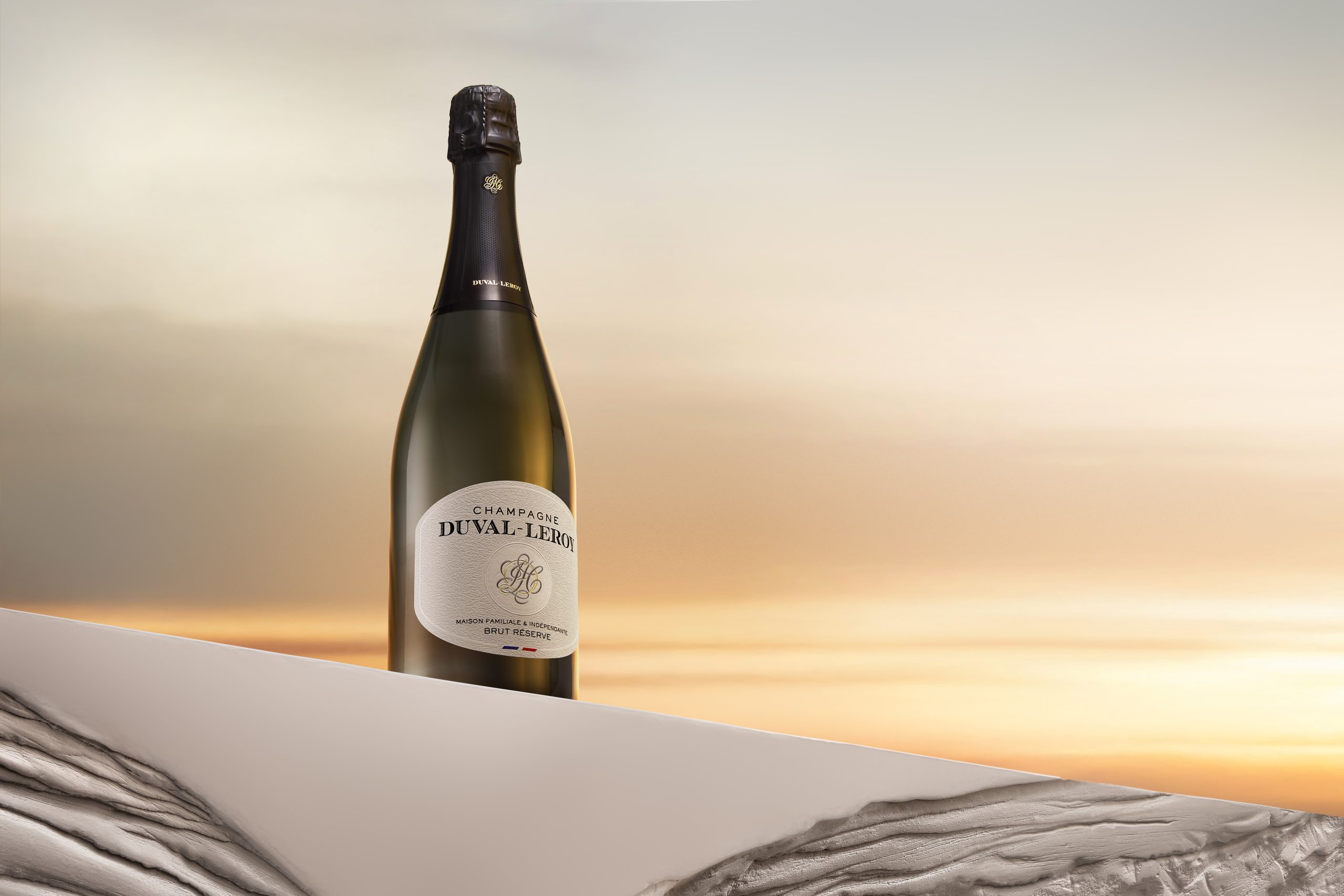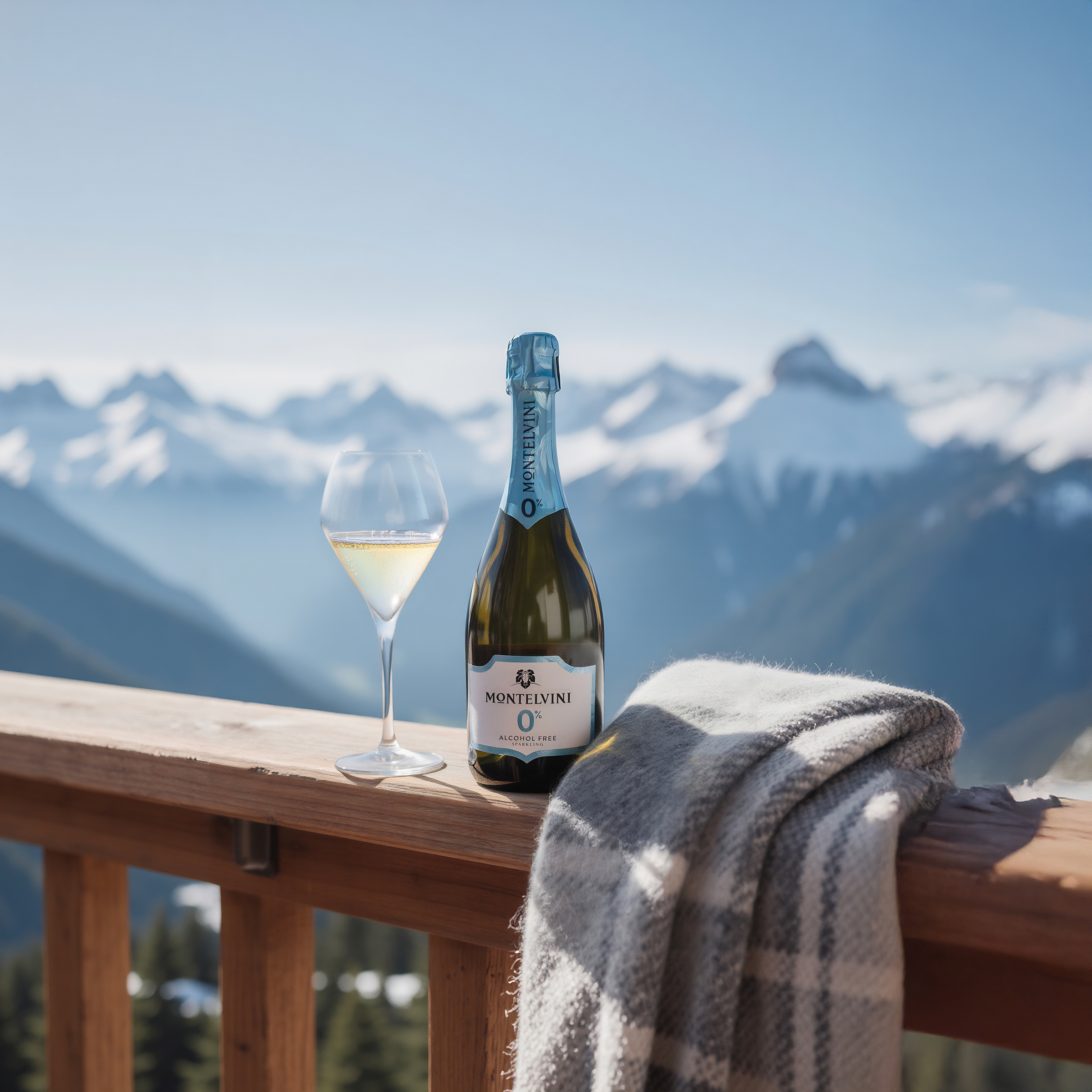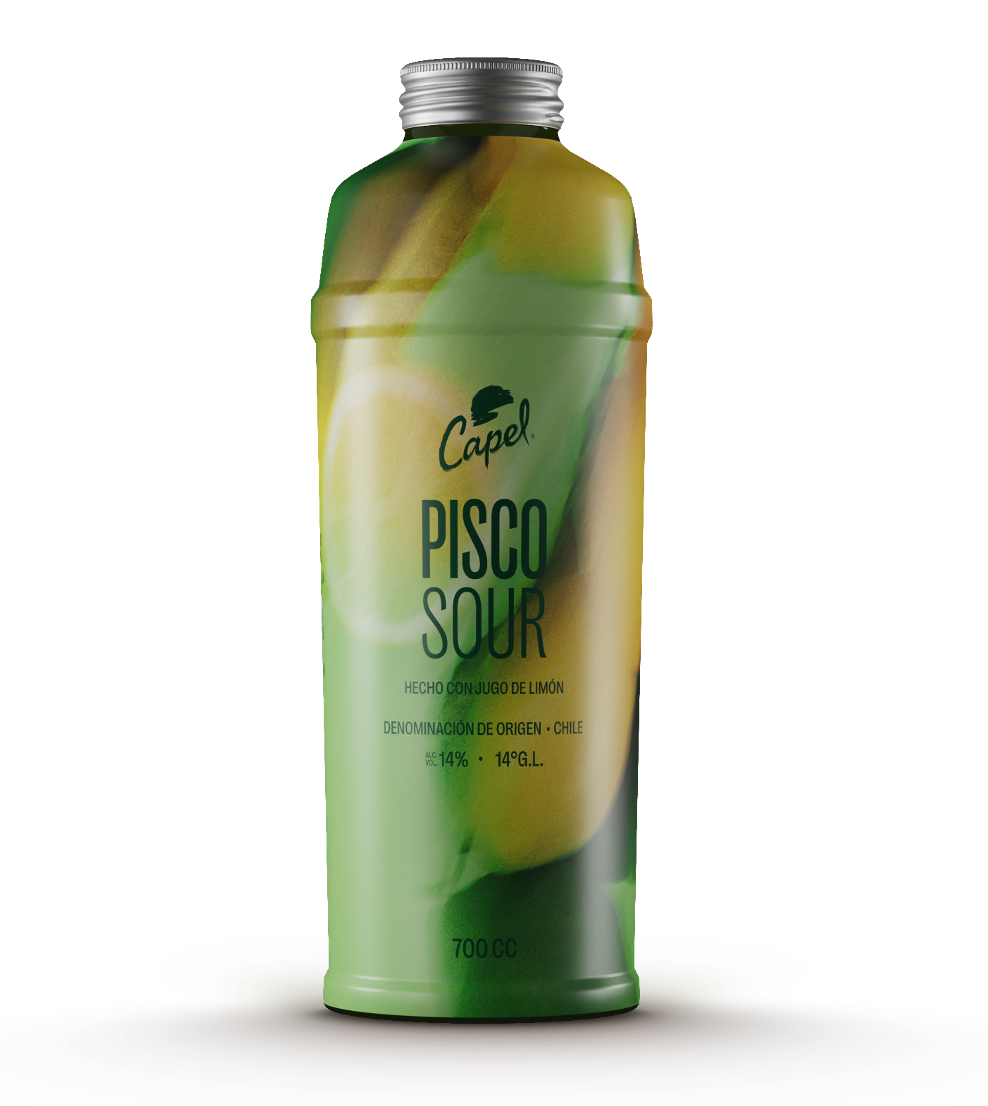India faces ‘acute’ availability problem for premium drinks brands
India is preparing to host the G20 heads of government meeting, and the ICC World Cup cricket tournament is also on the horizon. But there are doubts that visitors to its capital, Delhi, will be able to get a drink.
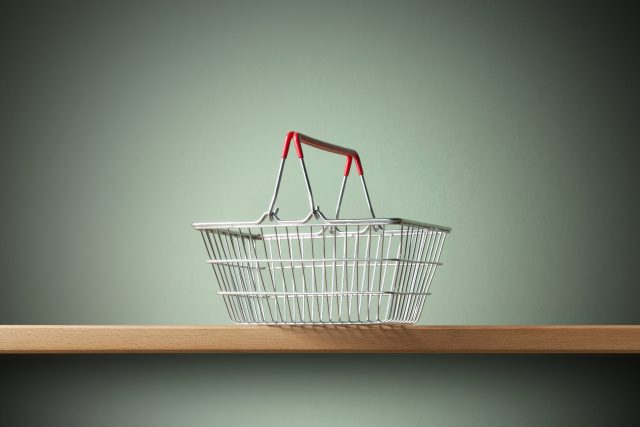
Stocks of many premium drinks brands are running low in India, and everyone is pointing the finger at the local government.
It is just six months since the Delhi administration did a U-turn on its alcohol policy and reverted to a system of sale through state vendors.
According to local reports, this has caused widespread disruption in availability.
The biggest drop has been in the supply of Kingfisher beer. Also, AB InBev, which had a 20% market share in India in 2022, is down to nearly 0%. Many people are driving to neighbouring states to secure supplies of their favourite drinks.
Kartikeya Sharma, president of AB InBev India, said, “We look forward to policy stability in the important market of Delhi and would continue to seek a level playing field across the alcohol vends. Retail outlets or off-trade availability and share of our premium brands are totally divergent to our wide availability in the on-trade in hotels, restaurants, bars and clubs in the city.”
When the city’s short-lived privatised excise policy was scrapped in September, it was decided that only state-led enterprises could sell alcohol in the capital.
And while sales of Indian-made foreign liquor, or IMFL, have improved this year, there has been a shift in portfolios—away from some premium brands and price segments.
The policy about-turn has seen private operators pushed out by Delhi-government-owned institutions such as Delhi State Industrial and Infrastructure Development Corp (DSIIDC), Delhi Tourism and Transportation Development Corp (DTTDC), Delhi Consumer’s Cooperative Wholesale Store (DCCWS) and Department of Delhi State Civil Supplies Corporation (DSCSC).
Partner Content
Producers say these bodies are difficult to deal with.
“Availability is an issue. Delhi had 843 outlets. As it is, the retail universe for a city of this size was the lowest, and now that number is further reduced,” said Nita Kapoor, CEO of the International Spirits and Wines Association of India.
“Only about 330 outlets of the current 550-odd outlets were earmarked for keeping premium products. But now that number is down to about 150 outlets. Brands are facing a problem of availability, and it is acute.”
The association represents companies such as Bacardi, Beam Suntory, Brown-Forman, Campari Group, Diageo-United Spirits, Moet Hennessy, Pernod Ricard and William Grant and Sons.
The current regime requires Indian groups to pay a premium to register a brand for sale in Delhi and foreign alcohol producers face a further additional duty for “bottled in origin” brands to operate in the city.
The fact that the local authority has refused to issue a licence to Pernod Ricard while the French company remains under investigation for making illegal profits under the short-lived privatised regime (charges its rejects) means it is impossible to find its popular brands such as Chivas Regal, Ballantine’s, Royal Stag and Blender’s Pride in the Delhi region.
Delhi, however, accounts for less than 5% of Pernod Ricard’s business in India.
Related news
Pernod Ricard's half-year sales fall 5.9%

